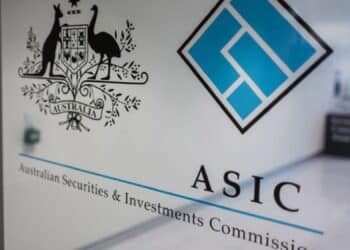The Federal Budget has received a broadly negative response from the financial services industry, with financial planning, accounting and superannuation bodies lamenting the impact of a range of changes.
Amongst the most forceful critics was the Institute of Public Accountants, which was strongly critical of what it described as the increased regulatory burden on accountants resulting from self managed superannuation fund (SMSF) auditor arrangements.
At the same time, the Institute of Public Accountant’s chief executive, Andrew Conway, hit out at the Government’s decision to reduce the superannuation tax concessions for those earning up to $300,000.
Partner with global legal firm DLA Piper, Heather Gray was also critical of the Budget measures delaying concessional contribution cap changes and cuts to the concessional treatment of higher income earners.
She said both measures would serve to create greater uncertainty among Australians, particularly those approaching retirement.
The Association of Superannuation Funds of Australia (ASFA) expressed concern at the direction of the Budget and called for a parliamentary inquiry into the mobility of tax effective investments.
ASFA chief executive Pauline Vamos said: "Making small changes at the edges to gain revenue for short-term political gain does not contribute to the development of long-term sustainable retirement incomes policy.
"The issue with changes to taxation settings is that they drive behavioural change,” she said.
“A parliamentary inquiry would get all political sides together to develop a unified, long-term approach to retirement incomes, and their tax settings, going forward.”
The Budget even earned a rebuke from the Australian Institute of Superannuation Trustees (AIST), which warned older workers would have less opportunity to build their a href="http://www.moneymanagement.com.au/tag/retirement">retirement savings and many other Australians could be left confused about their superannuation following the introduction of the changes.
AIST chief executive Fiona Reynolds said that while the Budget measures would not affect everyone, there was no doubt that the constant tinkering with the superannuation rules created enormous uncertainty “and could see more people give up on super and look to other forms of investment to save for retirement”.





